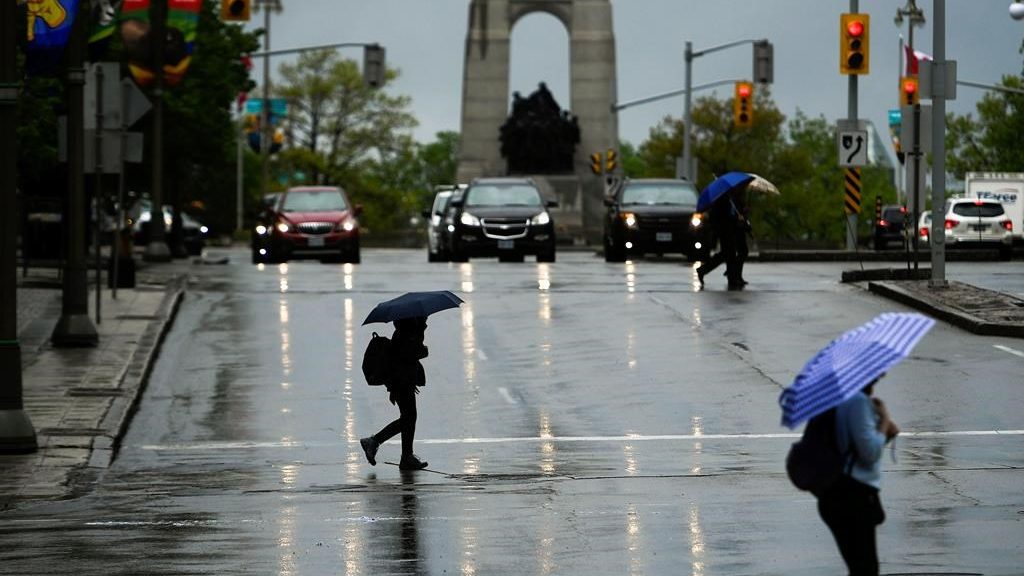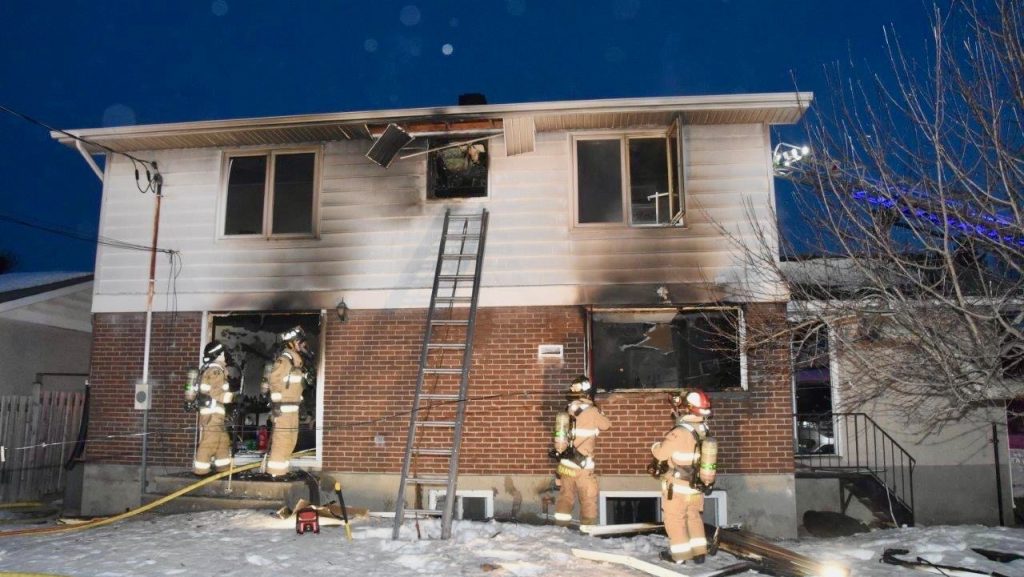Ottawa students working to make anti-racism courses mandatory at Carleton, uOttawa
Posted Jun 18, 2020 01:48:00 AM.
Fourth-year Carleton University student Khadija El Hilali wants to address racism on Carleton and uOttawa campuses, and she — along with over 9,400 other students (as of Wednesday evening) — want to see the universities step up and do their part by making an anti-racism course a degree requirement.
El Hilali’s initial idea was to start a petition, gather signatures and bring it forth to Carleton’s president Benoit-Antoine Bacon. But when she found out two of her friends who attend the University of Ottawa were compiling a document with racially-motivated incidents on their campus, the public affairs student thought it would be a good idea to combine their efforts.
By working together, she says, the three women are able to tackle their main objective, which is to lower racially-motivated incidents on their campuses through education and equip graduates entering the workforce with this knowledge.
“We kind of are starting to wake up to the fact that racism is in different fields, like healthcare, legal and justice system and education,” she said. “We thought that if we educated (students) with this knowledge (of systemic racism) they’ll be able to start their careers with this knowledge and try to see how they can remedy the systemic racism that exists.”
El Hilali and the team are coming up with some ideas on how that course can be implemented, which can include either making a new “generic” course that everyone can take, or have schools turn to a list of courses that already exist in their curriculums related on the topic, reassess them and include updated contents.
Other universities that have similar courses implemented are Trent University and the University of Winnipeg, the difference being the courses focus on Indigenous studies.
For El Hilali, who is a Muslim woman who emigrated to Canada in 2006, this is something that is close to her heart.
“When I came to Canada, I only knew Arabic,” El Hilali said. “I had to learn English and French at the same time — that was my first obstacle. But as I continued with my education in the public system, I experienced a lot of racism, but I didn’t know that was racism. I thought it was just normal kids bullying or things like that. And as I entered the workforce, just with my part-time job, things started to click for me that this wasn’t normal and people can’t let it be normal. This is definitely something that is personal for myself and members of my team.”
The next step, El Hilali says, is to gather everything she needs to make a strong case andpresent her ideas and petition to presidents at both universities.








